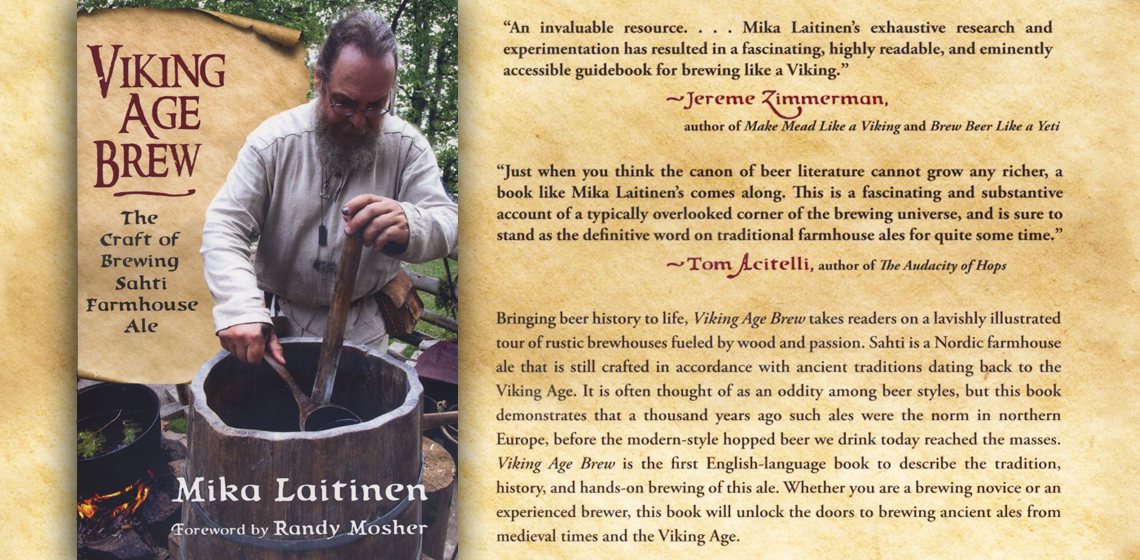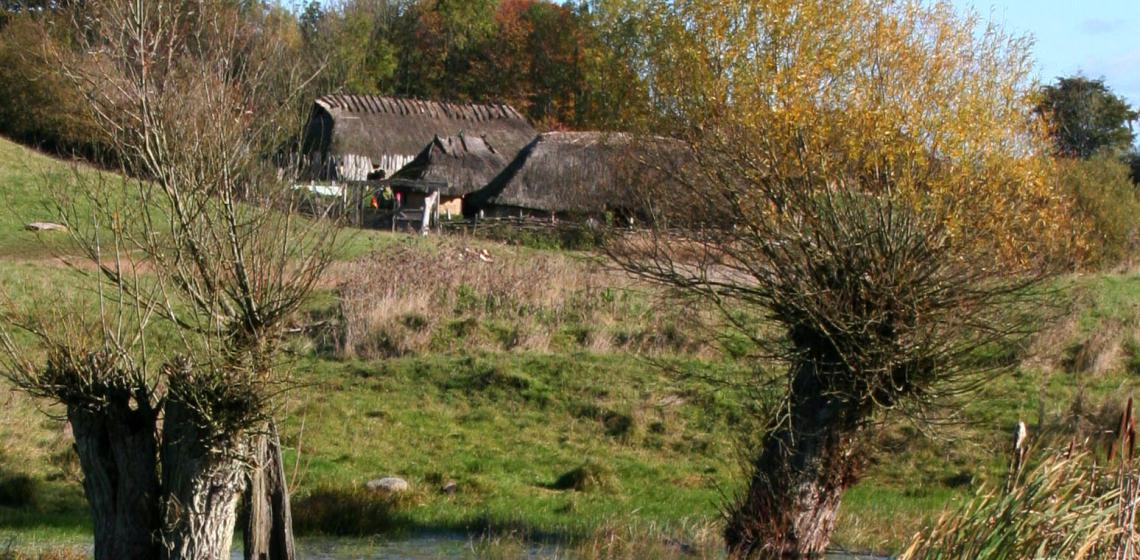Viking Age
Gudvangen Viking Market
After a successful story of organising Viking Markets the Viking Village of Njardarheimr, located in beautiful Gudvangen, will yet again open its gates to hundreds of Vikings from all over the world.
Universität Hamburg (DE)
Since the 1990s, experimental archaeology has been anchored in teaching and scientific research in pre- and early-historical archaeology at the University of Hamburg, and has been applied in different ways and considered in individual theses with a clear archaeological experimental contribution.
By 2004, the Experimental Archaeology with its own seminar and adjoin practice part is an integral part of the curriculum of Prehistoric and Early Archaeology. In addition to the introduction to the history, theories and methods of experimental archaeology, the seminar offers students the opportunity to develop their own projects with archaeological-experimental questions. The supervision of the students takes place on the whole by two experimental archaeologists and is supplemented by further experts for certain questions.
Scott D. Stull PhD
Dr Scott Stull is a medieval and experimental archaeologist with a particular interest in ceramics and food.
Københavns Universitet (DK)
Since 1998, the course Experimental Archeology, Ethno-archeology and Simple Technology has been offered every fall semester at the University of Copenhagen. The pillars have been the same every year: 10-14 students from many different subjects, craftspeople, guest lecturers and two teachers.
The course consists of four elements:
1) Introduction to research history and theory
2) Presentation and discussion of selected case studies in lecture form, where the experimental-archaeological method and the interaction with the other disciplines are central elements
3) a series of practice experiments and technology studies as well
4) presentation, discussion and perspective of the experiments performed.
The course is offered in collaboration with the Viking Ship Museum in Roskilde and with Sagnlandet in Lejre.
Universität Wien (AT)
Vienna Institute of Archaeological Sciences - Experimental archaeology
Coordinator: Dr Wolfgang Lobisser
Research services:
• Archaeological experiments on specific research questions
• Reconstruction of archaeological exhibits
• Conception and planning of exhibition projects
• Construction of archaeological open-air museums
Experimental archaeology is highly suited to putting our ideas of the technical capabilities of our ancestors on a lifelike basis, to review our explanations and interpretations of excavation findings.
The experiment begins where conventional methods of archaeology no longer work and tries to test, explain and ultimately reconstruct crafting practices, technical equipment and work processes.
University of Reading (UK)
With several colleagues, Prof. Martin Bell has coordinated several experimental archaeology projects at the University of Reading over the years.
Experimental archaeology plays an important role in research and teaching at Reading University. Staff with particular involvement in experimental archaeology at Reading are Prof. Martin Bell and Dr Rob Hosfield, but experimental research also features in the projects of many other staff (e.g. Prof. Steven Mithen & Dr Wendy Matthews), and spans all archaeological periods.
Cardiff University (UK)
Cardiff University has several projects which include experimental archaeology, notably the Guerrilla Archaeology approach.
Cardiff University – Experimental & Experiential Archaeology Team
Bournemouth University (UK)
Several archaeologists at Bournemouth University work with experimental archaeology.
Dr Derek Pitman is an archaeologist who studies production and resource use. His research involves a combination of field archaeology, laboratory analysis and experimental reconstruction.
South Ural State University (RU)
At the South Ural State University, based on the Scientific and Educational Center for Eurasian Studies, under the scientific supervision of Ivan Semyan, a comprehensive laboratory of experimental archaeology operates, which carries out international experimental research projects, and also studies and models the technologies of the ancient population of the Urals.
The laboratory is a member of the Archaeos Association representing a community of archaeologists, experimenters and reenactors. The consolidation of forces interested in modeling the phenomena and processes of the past allows the laboratory of experimental archaeology at SUSU to carry out a wide range of multidisciplinary tasks: scientific and popular science activities, creating museum displays and replicas of artifacts, educating pupils and students, and participating in tourism and charity projects.








